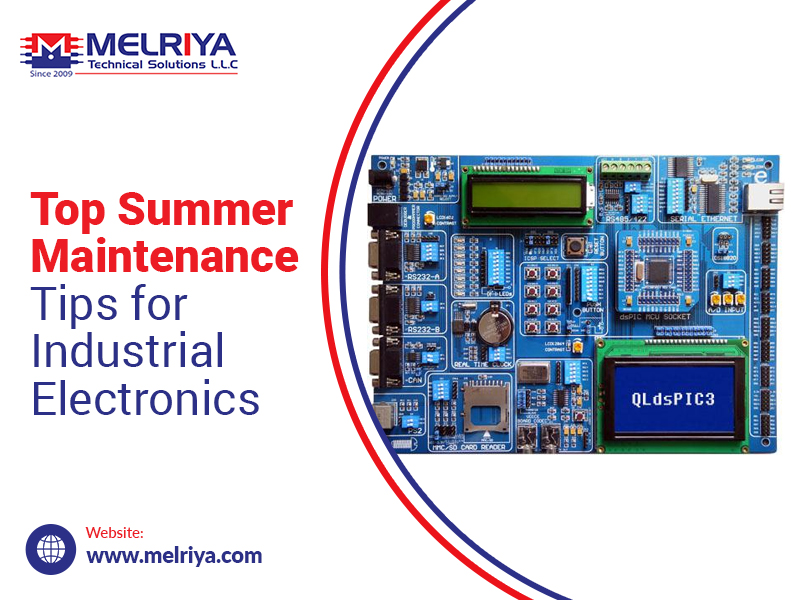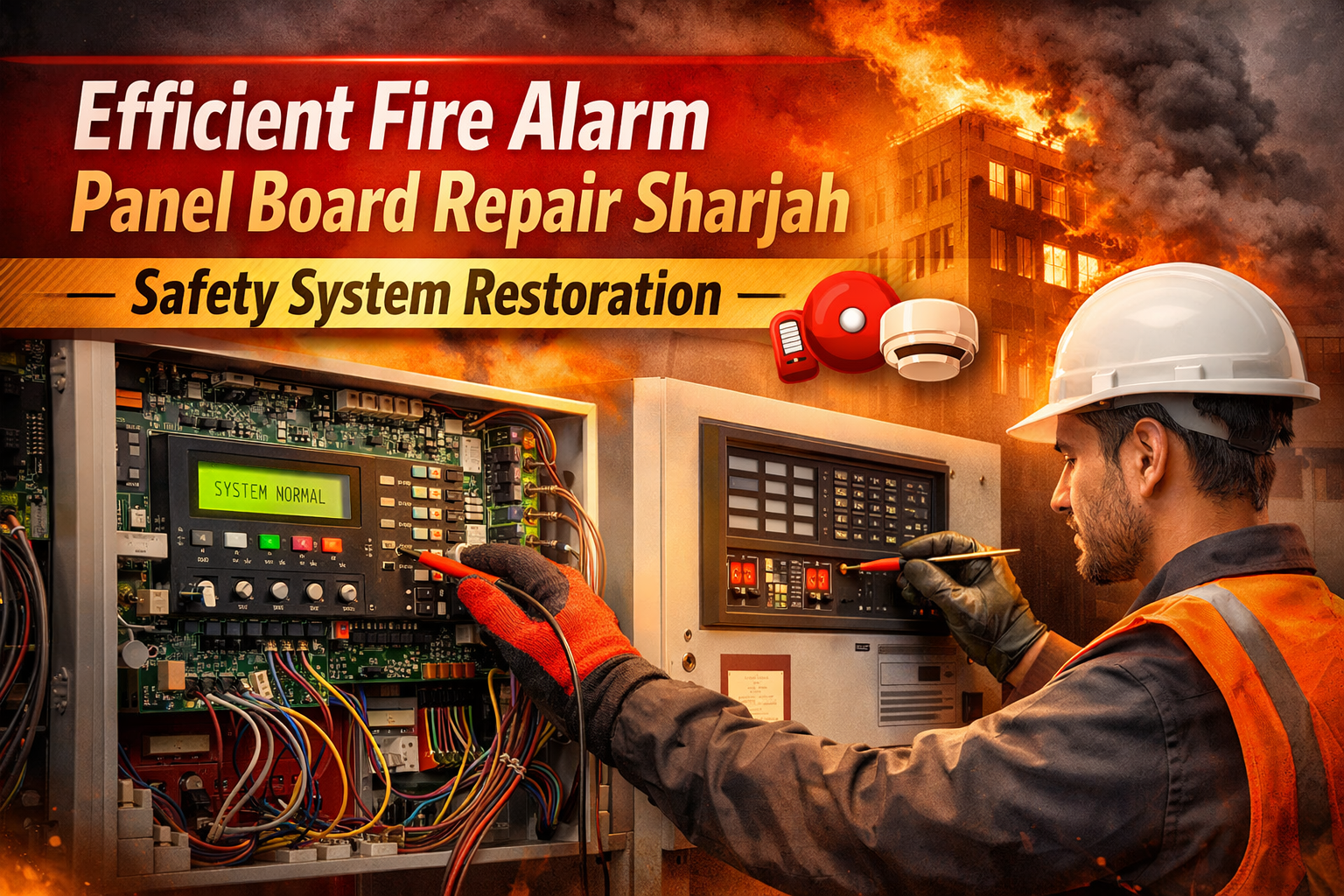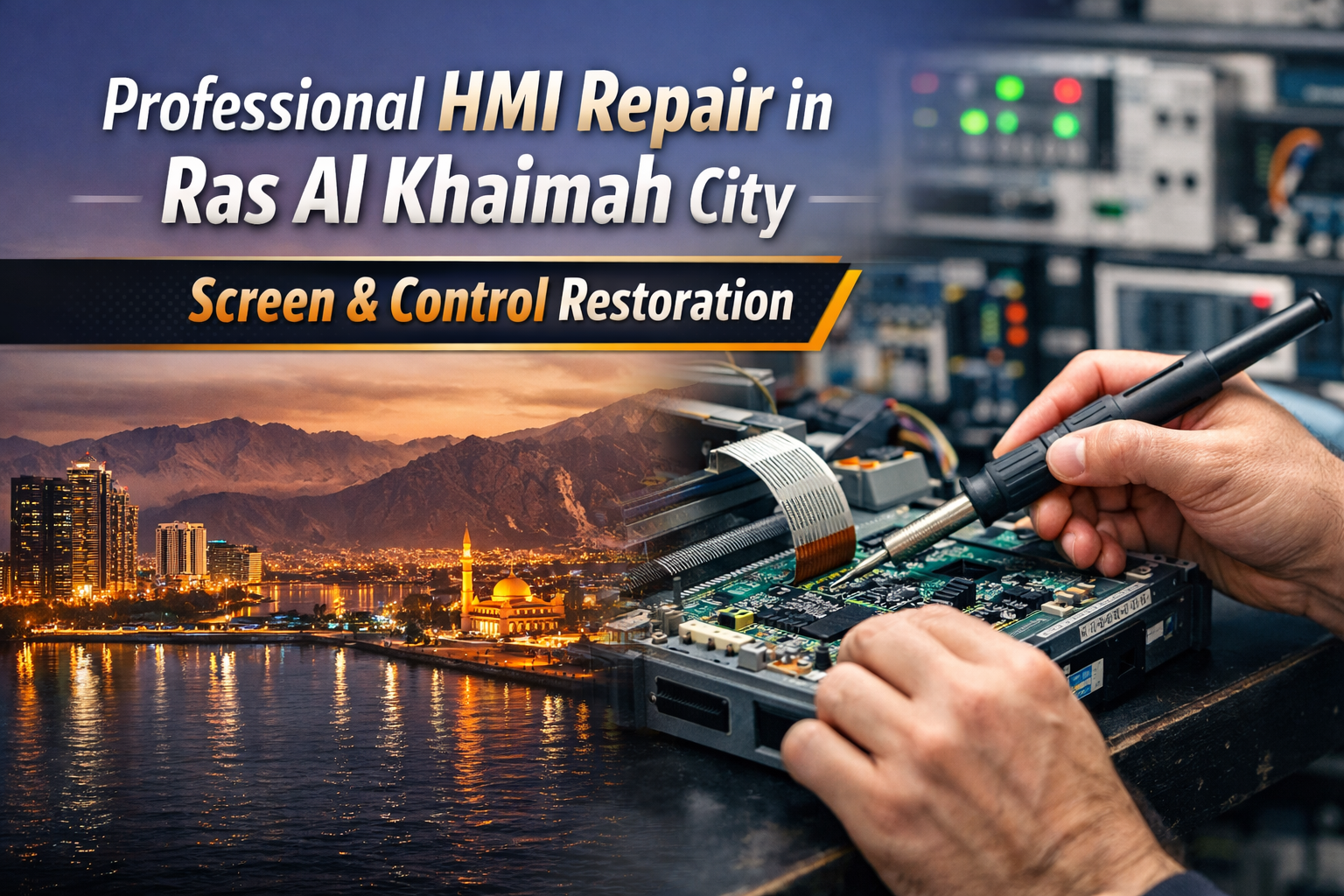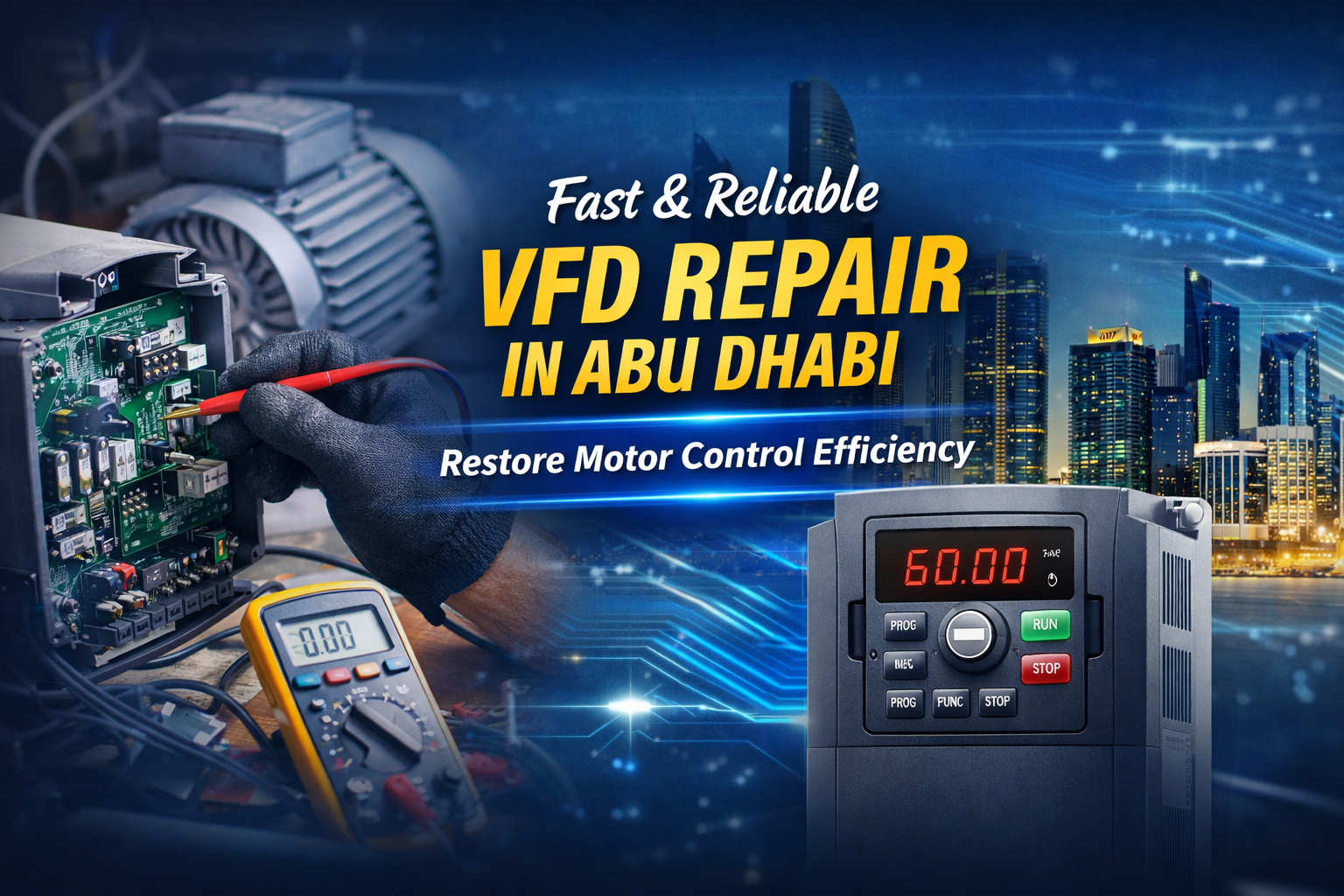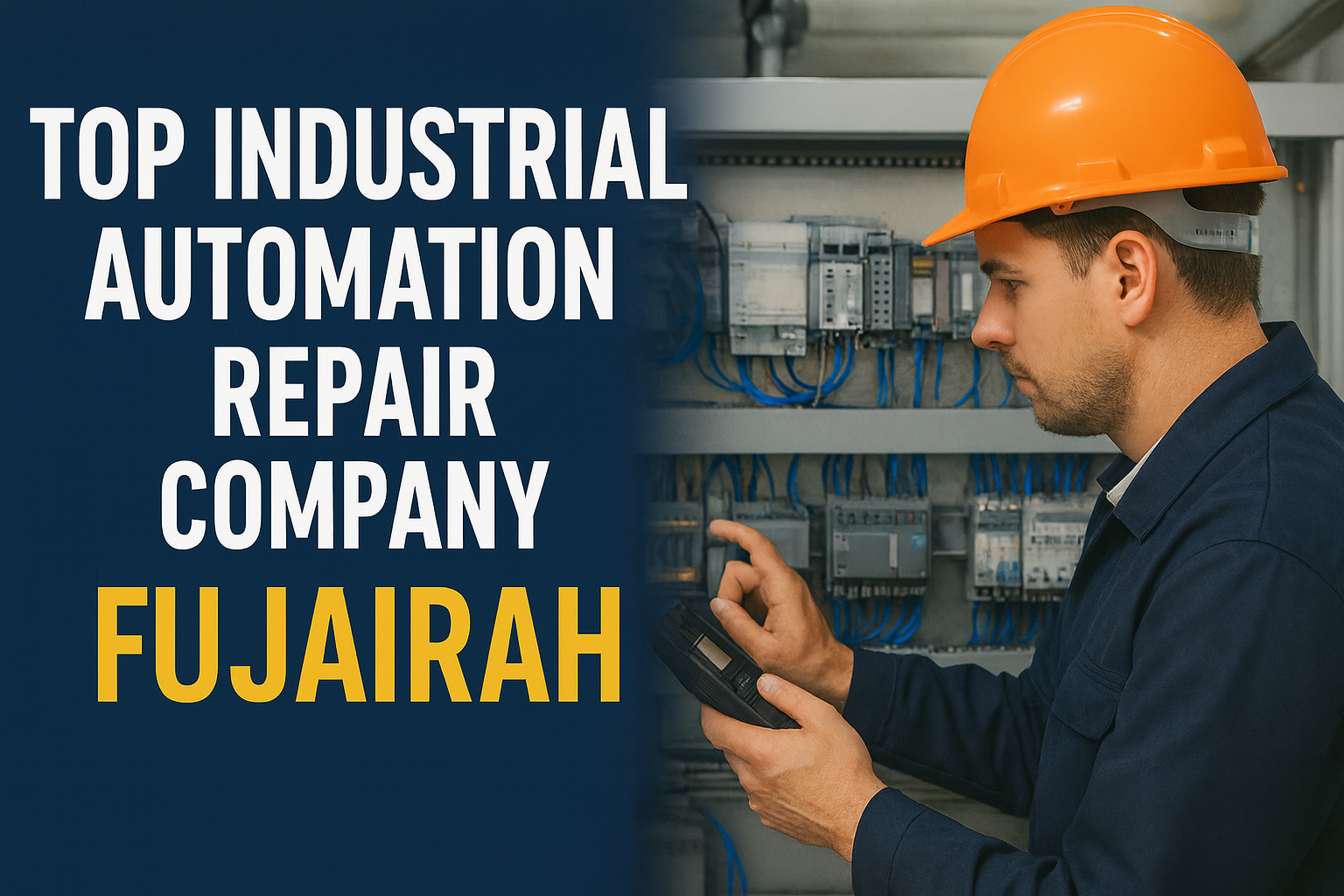The summer heat certainly is no small challenge-one in particular for industrial environments where electronics run around the clock. And as the mercury goes up, the risk to this delicate equipment also goes up. Industrial electronics are at the heart of many processes. When improperly maintained, the entire system can suffer.
Heat can deteriorate performance faster than most operators technically realise. Beyond speeding up wear and tear, extreme heat also imparts sudden breakdowns-which leaves your business naked. Thus, preventive care style during these heart summer months becomes comparatively critical.
One of the smartest would be to ensure an evaluation of your cooling systems. Are the fans functioning properly? Are the ventilation ducts free from any sort of blockage? Dust and debris accumulation is something that regularly occurs unnoticed, restricting air movement and thereby raising the internal temperature. A timely inspection can help spot the culprits well in advance. Cleaning of dust from the filters and an occasional check for wobbling fan blades can do wonders for the life expectancy of your electronics.
Humidity monitoring is also a must. Despite the dry heat, industrial sites often go through varying indoor conditions. High humidity within control cabinets may cause condensation.
Cable integrity should never be taken for granted. Heat causes insulations to crack over time. Frayed or bare wires pose a severe hazard. Examine all wiring systems thoroughly, especially those systems containing machines generating their own heat internally. Any suspect sections should be replaced immediately so as to avoid unforeseen down times.
Spot check the thermal paste within processors and embedded controllers as well. With time, this substance deteriorates and loses effectivity. A lack of thermal contact results in the overheating of machines in some, measuring external temperatures that seem moderate. Reapplying the thermal compound seems minor; however, it really amounts to a major difference in performance and reliability.
Power fluctuation is another thing that tends to bother during the summer. These days the power-grid gets stressed with extra energy demands from additional cooling. Industrial electronic systems require a steady power supply. Voltage regulators and surge protectors would help maintain these fluctuations. Battery backups or uninterruptible power supplies get rid of data loss or sudden shutdowns.
Monitoring systems have a vital role in situations of extreme weather. Temperature sensors or control panels might send automated alerts for immediate response by an operator. Set up parameters for heat warnings and review log data regularly. This proactive approach prevents overheating long before it happens.
Storage of components is equally important. The parts, circuit boards, and sensors kept in hot or unventilated places run the risk of being damaged. Make sure they are stored in areas with temperature and humidity control. Heat damage to parts kept in reserve goes undetected most of the time—until they are fitted on site and fail prematurely.
The cooling enclosures offer other forms of protection. If electronics are working in open settings or close to heavy machinery, consider buying sealed units with an internal cooling mechanism to give protection against dust and temperature instability. It is one of those few capital expenditures that copies itself in a longer equipment life and less interruptions.
Software and firmware updates may not seem temperature-related, but in fact they are. An updated system allows better management of resources by eliminating processor cycles that are unnecessary. That directly cools down the device. Look through update logs, and set down installations for when operational requirements are at their lowest.
Operator training should be rolled out in your summer checklist. Staff must be updated with symptoms of heat stress in machinery. Changes in noise level, slow processing, or sudden shutdowns-however, these could all be indicators. Make reporting anomalies commonplace. Often, minor complaints lead to the discovery of a bigger issue.
Routine shutdowns for inspection are recommended. A full system reboot and a physical audit can be performed during planned downtime to unearth any issues unobserved priorly. This is even more useful in high-performance environments where electronics are never given a rest.
Label and organise wiring with clarity. Overheating could result from installations that are tangled and congested. Cable management helps in keeping air flowing and in future maintenance. Use heat-resistant cable ties and keep the circuits well organised.
In summary, do not underestimate high temperatures for electronics. Take preventive measures early. Monitor the systems regularly. Fix the minor glitches before they evolve into major ones. Armed with the right plan and professional help, summer might just be another season that your business glides through.
Trust MELRIYA Technical Solutions L.L.C. for industrial maintenance to keep your systems safe during summer.
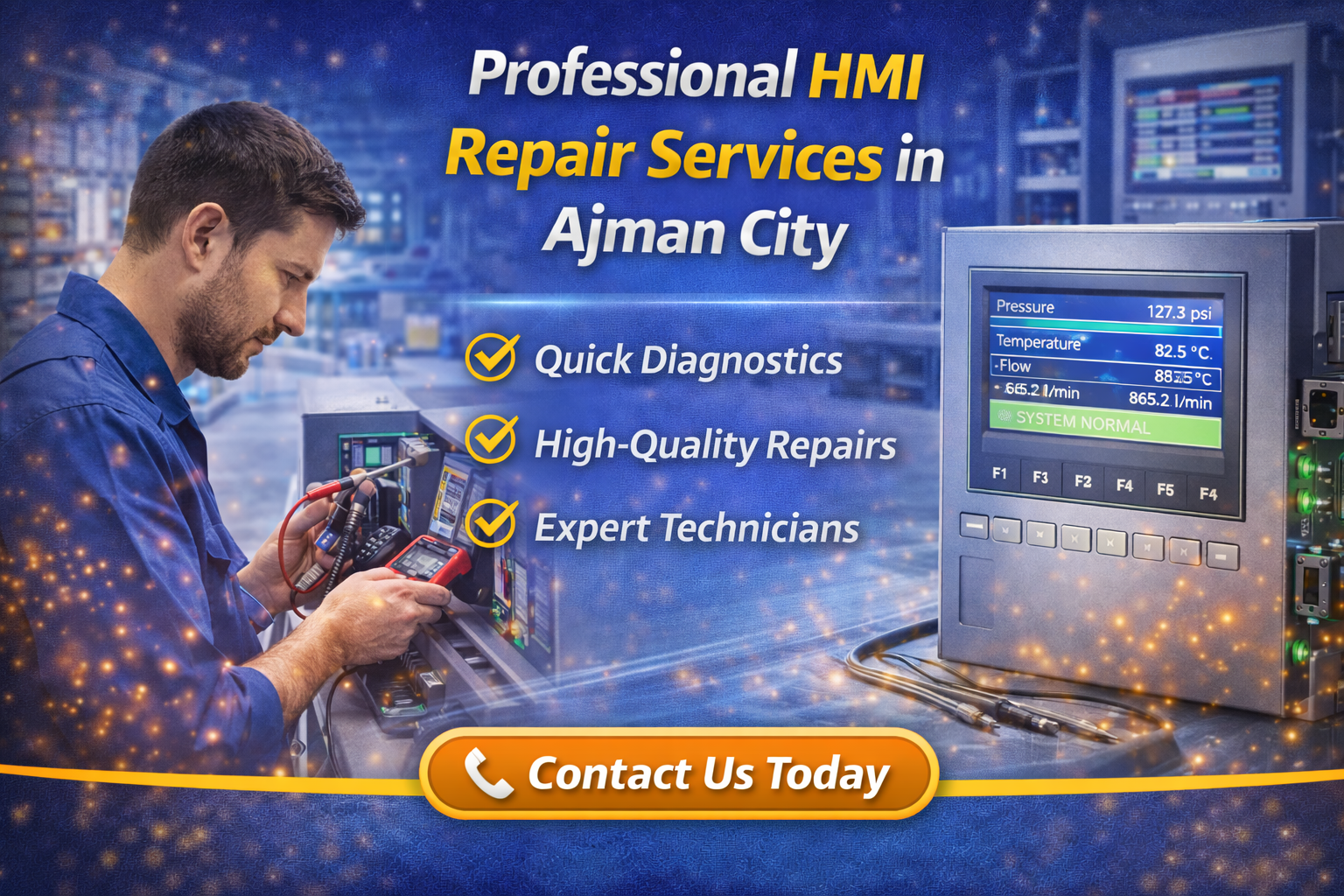
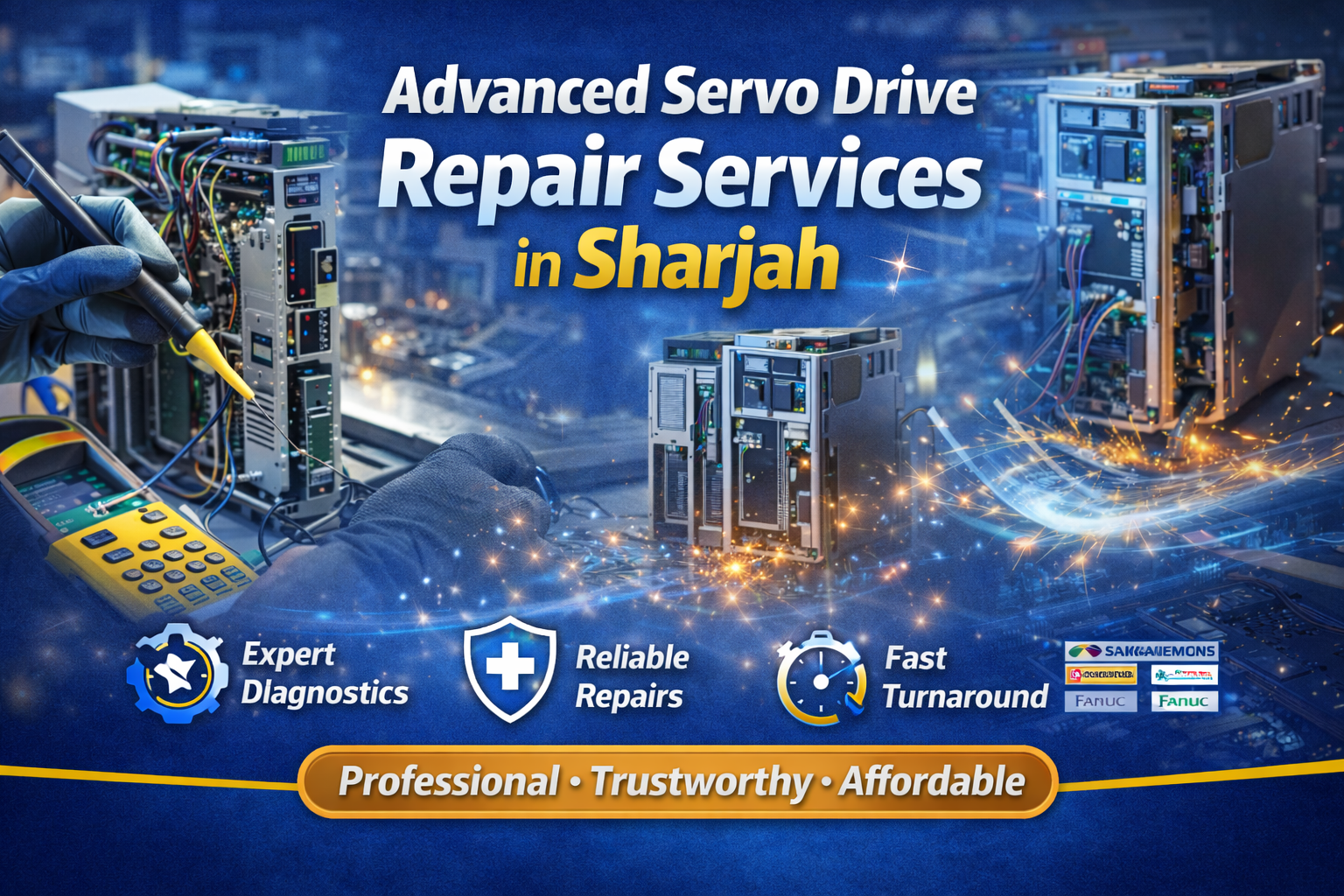


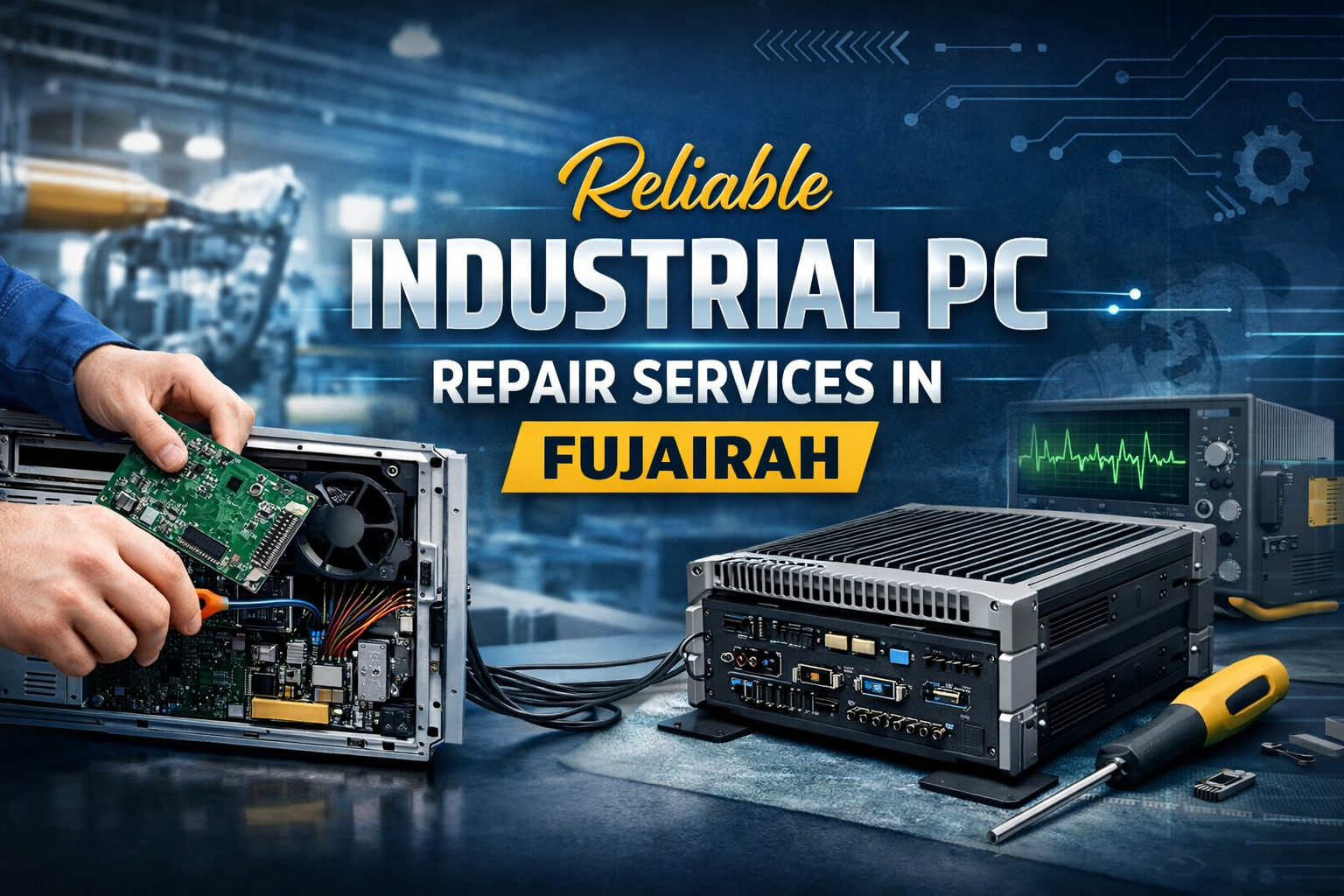
.png)




